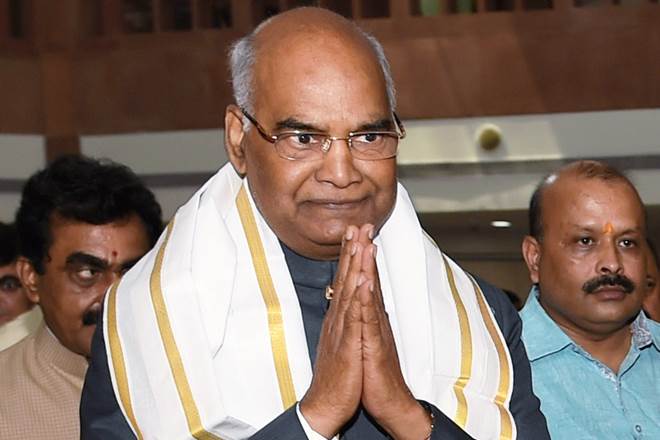In the light of the recent arrests related to the assassination plot against PM Modi, followed by the quick reversals of the police custody by the Supreme Court into under house arrests, there was an urgent need for the Central government to clarify their stance on the rampant malpractices in the Indian judiciary.
Keeping this in mind, the Honb. President of India, Shri Ramnath Kovind, decided to take the matters into his own hands, and address the elephant in the room. He accused the legal machinery of forcing delays, which has caused a burgeoning backlog of more than 3 crore cases across India, apart from the 58000 cases pending in the Supreme Court.
To quote President Kovind’s recent address at the National Conference organized by the Supreme Court’s Advocates on Record Association, ‘Indian legal system is marked by long delays. There is a backlog of 3.3 crore cases in various courts of the country. Of these, 2.84 crore cases are in the subordinate courts. Another 43 lakh are in the High Courts and about 58,000 in the Supreme Court.
Indian legal system is marked by long delays. There is a backlog of 3.3 crore cases in various courts of the country. Of these, 2.84 crore cases are in the subordinate courts. Another 43 lakh are in the High Courts and about 58,000 in the Supreme Court #PresidentKovind
— President of India (@rashtrapatibhvn) September 1, 2018
There are many reasons for such delays. There are infrastructure gaps and considerable vacancies, particularly in subordinate courts. There is a culture of seeking adjournments as a norm rather than an exception. ……’
What is an adjournment? How does it cause the delay notorious with Indian courts? In simple words, an adjournment is the dismissal of further proceedings in a court, whether temporary or permanent, due to various reasons.
This motion has been misused a lot by a select group of judiciary officials, which even includes some judges as well, for mysterious reasons, that has resulted in an undocumented delay of cases, and in some cases, the unfortunate denial of justice to the victim.
It comes as no surprise if Shri Kovind addresses the problem at the opportune moment, when people are disgruntled with the blatant use of judicial machinery in delivering favorable judgments to the left liberal faction, as in the case of the arrest of Urban Naxals recently.
President Kovind also took note of the small, but significant efforts by the incumbent government in reducing the backlog on its own part. To quote him, ‘In the past, it has been observed that governments and government agencies themselves were parties to many cases of litigation. I must commend the government of India for making a sincere effort to reduce this number.’
Shri Kovind also praised the increased role of technology in delivering justice. Citing the example of e courts, he said, “Technology can be a great enabler of justice. A start was made in 2016 with the opening of India’s first e-court in the High Court of Hyderabad. Since then, the idea of e-courts has spread elsewhere. Innovations such as evening courts and family courts, and the concerted effort made in the delivery of speedy, fast-track judgements in cases of sexual crimes against women, are also noteworthy.”
Never could this statement come at such an opportune moment, as the Indian judiciary needs to get their act right and do something quickly about the pending cases, if they wish to be acknowledged on the right note. If they don’t stop the preferential treatment that is given to the elite even today, a day might come when none shall approach the court to solve their disputes. We hope the judiciary is listening.
